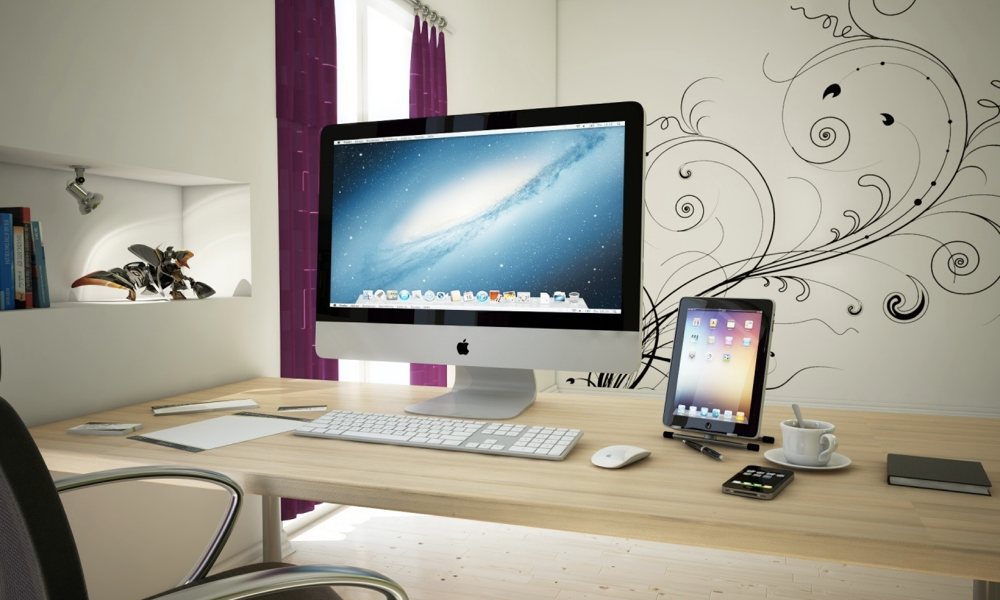Why Startups should invest in Good Hardwares for the Team
According to Gartner, global IT spending is poised to hit $3.8 trillion by 2014. But how much of it should come from your startup? Big corporate giants have massive IT budgets that help them upgrade and keep up with the latest cutting-edge technology that gives the company a competitive edge and enhances productivity. Startups, sadly enough, often have very little or nothing in terms of an IT budget.
Even so, a new startup still in the conceptual stage has to come up with a business plan that clearly maps out how much the company can afford to spend on hardware to be used as IT infrastructure and to keep employees connected.
In terms of the company’s IT infrastructure, make sure to come up with a system and components that are scalable and will not cause disruptions through down time. Getting a high-end wi-fi router may be a lot more affordable in the end than buying a cheap one that keeps dropping the uplink to your ISP and slows down you work.

The situation becomes even worse if the router goes belly-up and there’s no one responding to a service call request. Getting a quality router from a reputed company such as Cisco, D-Link or Apple ensures instant replacements and disruption-free operations even if there’s some hardware issues with the router.
As far as servers are concerned, the best solution is now on the cloud. You can spend half your seed funding on large servers and the associated infrastructure and staff for installation, administration and maintenance. Or you can pay for use with an IAAS (Infrastructure as a Service) provider to get access to servers that you can scale up and down at a moment’s notice as per your needs.
When it comes to arming employees with all the right hardware, your main concern is still no doubt about the costs. But it’s also about motivation and enhanced productivity. Did you know that a recent Gallup poll says that only 29% of employees are motivated? The rest - 71% are “not engaged” or “actively disengaged.”
The point is that there’s a lot of room to improve productivity by providing these disengaged feet-draggers some added motivation. Branded products from Apple are widely acknowledged to be among the key freebies that employees prize above all else.
Sure, you can give them a cheap laptop and a nondescript mobile phone to use. But that’s just about functionality. It’s not going to win you any brownie points. A Macbook and iPhone might ensure that your employees are not just loyal, but willing to walk on burning coals for the company.
To take it one step backwards, there’s also the fact that recruiting the best talent will be far easier in the first place if you are willing to provide quality “hardware” benefits. Your ad for an open position sounds a lot better if the list of benefits and perks says - healthcare, dental and Apple.
Not to mention the fact state-of-the-art business laptops from Apple, Dell, IBM, etc. are also more reliable and functions better and faster than your average cheapskate ones. This might be a good time to put in a good word for more powerful specs. Again, you can make do with a basic configuration of a couple of gigs of RAM and a more affordable chipset and processor. But the power, speed and features that a high-end laptop brings to bear are bound to help your workers do more, and do it better.
What’s the point of a video chat if your workers have a display, memory and processor that slow streaming video down to shaky slides? Also, repairs and replacements will be far easier with a branded company that has a worldwide distribution and service network. You won’t be twiddling your thumbs waiting for an employee’s laptop replacement to arrive from Taiwan or South Korea.
The bottom-line is that you may not be able to afford personal chefs and masseuses for your staff, but high-end laptops and smartphones (and the costs of using them) come under the necessary category for startup employees - if you want to get the best and keep them happy.